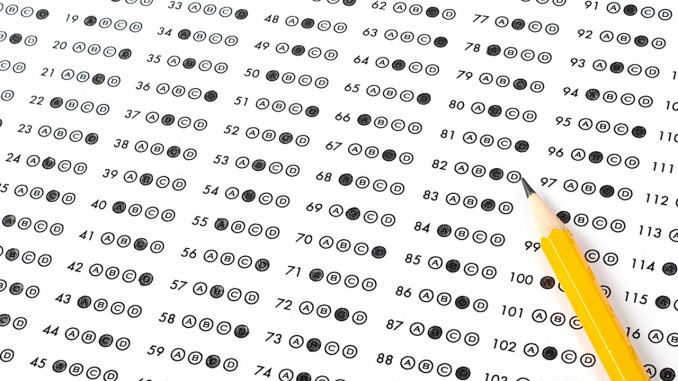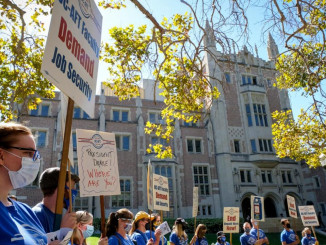
For the first time, the college entrance exam SAT will be fully online, in a newer, shorter version. Top institutions will reinstate the SAT in admissions, reversing the pandemic-era decision to make the test optional. The shifts surrounding the exam have started a debate on the benefits and disadvantages of the SAT for students impacted by systemic racism, gender discrimination, and other institutionalized biases. Some individuals may get into college, in part by winning a high score. But within the broader education system, the SAT does little to remedy the issues that victims of systematic discrimination experience.
The exam doesn’t resolve the real problem as to why students are struggling to get accepted into colleges. The fundamental problems include the overall quality of life, from nutrition to housing to health care, for students from exploited and oppressed communities compared students from better-off communities. A particular issue today is the trend toward privatization of education, making learning inaccessible to many. Many students, especially those who are low-income, lack the funding and other resources necessary to compete; less than 40% of high school seniors tested proficient or advanced in reading. Many students who are academically ready for a higher education face barriers like the expensive cost and biased admissions competition.
Since 2010, there has been a decline in college enrollment, a symptom of a system that makes a business of education. This pattern will continue unless we make education a public good available to everyone and anyone.




